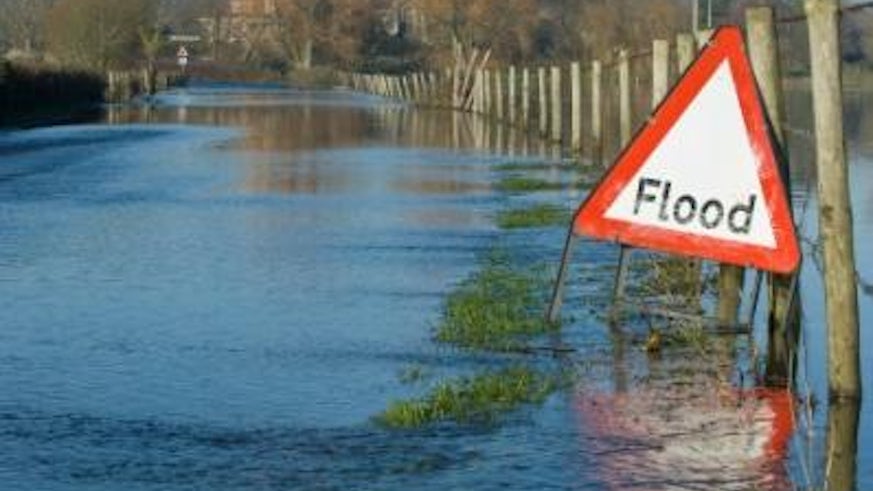Climate change priority after flooding
2 September 2015

People who have direct experience of extreme weather are significantly more likely to take action against climate change, according to new research from the University
In a paper presented today (2 September) at the Royal Geographical Society Annual International Conference, Dr Christina Demski from the University’s School of Psychology said that people directly affected by the 2013/14 floods – sampled in Gloucestershire, Devon, Dorset, West Wales, Cornwall and the Thames Valley - are much more engaged with climate change compared to a national sample.
This increased engagement, said Dr Demski, translates into more support for policies designed to tackle climate change, as well as personal actions to help combat it.
According to the paper, the findings provide an important opportunity for environmental scientists and policy-makers to engage with the wider public about the risks of climate change to the UK and beyond, particularly with climate science showing that people will increasingly be exposed to extreme weather events such as flooding in the future.
The findings are based on a survey of 995 individuals affected by the 2013/2014 UK winter floods in five areas of England and Wales, while a nationally-representative sample was conducted for comparison through a survey of 1,002 individuals from across Britain.
The paper significantly develops on a study published in January this year. It specifically focused on 162 people with direct flooding experience in the 2013/2014 floods and compares their views to those of a national sample.
“Our research demonstrates that experiences of flooding influenced attitudes toward climate change and raised its salience among those affected by the floods,” said Dr Demski. “For example, those with direct experience of the flooding are 70% more likely to mention climate change as one of the top three issues facing Britain in the next 20 years. Similarly, 31% of those affected by the flooding see climate change as a serious or extremely serious threat to themselves and their family, compared to only 18% in the national sample.
“Perhaps more interestingly, this increased engagement with climate change then also translates into more support for actions to tackle climate change, for example support for the UK signing up to international agreements to limit carbon emissions, and stronger intentions to engage in personal actions to help tackle it, for example reducing the amount of energy use in the home.
“People are making connections between their experiences and climate change as an issue. This can lead them to view climate change as more personally relevant and bring about increased support for policies designed to tackle climate change and increase willingness to change behaviour.”
Environmental psychology expert, Professor Nick Pidgeon from Cardiff University’s School of Psychology, who also worked on the project, adds: “Extreme weather events have to be approached with particular sensitivity to the damage and disruption they cause, but we believe that they do offer an important opportunity for environmental scientists and policy-makers to open up a constructive dialogue with the wider public about the rising risks of climate change and its associated impacts in the UK and elsewhere.”